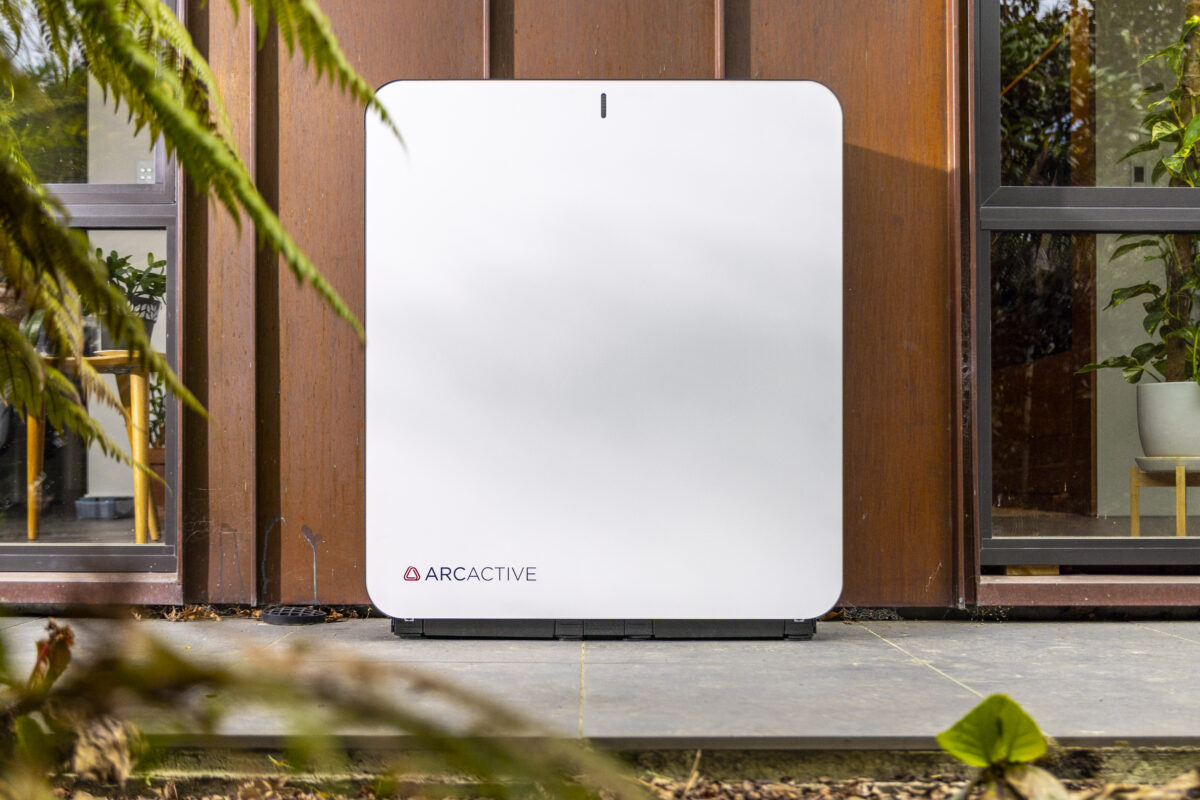Fourteen farms in Western Australia’s Esperance region will soon replace 54 kilometers of ageing wires and poles with stand-alone solar and storage systems. Site works to prepare for the installation of 13 Micro Power Systems (MPS) across 14 properties, with one system to service two properties, will commence in April, the McGowan government said on Tuesday.
MPS are stand-alone power systems that consist of solar and battery technology, and include a back-up diesel generator, in case more power is needed. Maintaining and replacing ageing and skinny grid infrastructure, wires and poles sometimes stretching long distances is cost effective. The move also reduces the risk of bushfires caused by lightning strikes and risks associated with farm machinery.
“These farmers are at the fringe of the power grid, east of Esperance and the Condingup area, where reliability isn’t as good and power outages take longer to restore,” said WA Energy Minister Bill Johnston, pointing to the additional advantage of MPS systems in providing farmers with more reliable power supply.
The systems will be rolled out within the network of Western Australia’s government-owned utility Horizon Power. Under the program, customers will not have to pay extra for the systems, but will pay the same tariff that currently applies for electricity from the existing network.
Faced with high energy costs and unreliable power supply with many farms connected through long ‘skinny’ lines, Aussie farmers are eager to consider energy efficiency solutions on-farm. As demonstrated in a report from Commonwealth Bank released last year, solar power+battery back-up top the wish list for 76% of Australian farmers.
In Western Australia, the deployment of stand-alone power systems (SPS) appears to be gaining traction. Only a couple of weeks ago, WA regional utility Western Power announced it was all set to roll out 57 stand-alone power systems at farms, having inked $8.8 million in contracts for the first stage of its landmark off-grid program for regional properties.
Servicing the 57 SPS units for their entire working life will save Western Power almost $6 million, compared to traditional network refurbishment, which would otherwise be needed to ensure reliable power supply to rural properties in off or edge-of-the grid areas. Such cost savings assessment has not been released by Horizon Power for its MPS program.
“Traditional electricity lines that run more than 50 kilometres through remote bushland face all kinds of hazards like falling trees, lightning strikes, high winds and incidents with farm machinery,” General Manager Consumer Energy Mark Paterson said.
“As a result, these customers who are east of Esperance and the Condingup area, can have frequent and prolonged power outages that may take considerable time to restore. Experience has shown us that customers love the MPS solution as it provides them with safe, reliable power, day after day.”
Perth-based company CPS National will deliver and install the systems, which will be fully operational by the end of the year.
This content is protected by copyright and may not be reused. If you want to cooperate with us and would like to reuse some of our content, please contact: editors@pv-magazine.com.









1 comment
By submitting this form you agree to pv magazine using your data for the purposes of publishing your comment.
Your personal data will only be disclosed or otherwise transmitted to third parties for the purposes of spam filtering or if this is necessary for technical maintenance of the website. Any other transfer to third parties will not take place unless this is justified on the basis of applicable data protection regulations or if pv magazine is legally obliged to do so.
You may revoke this consent at any time with effect for the future, in which case your personal data will be deleted immediately. Otherwise, your data will be deleted if pv magazine has processed your request or the purpose of data storage is fulfilled.
Further information on data privacy can be found in our Data Protection Policy.